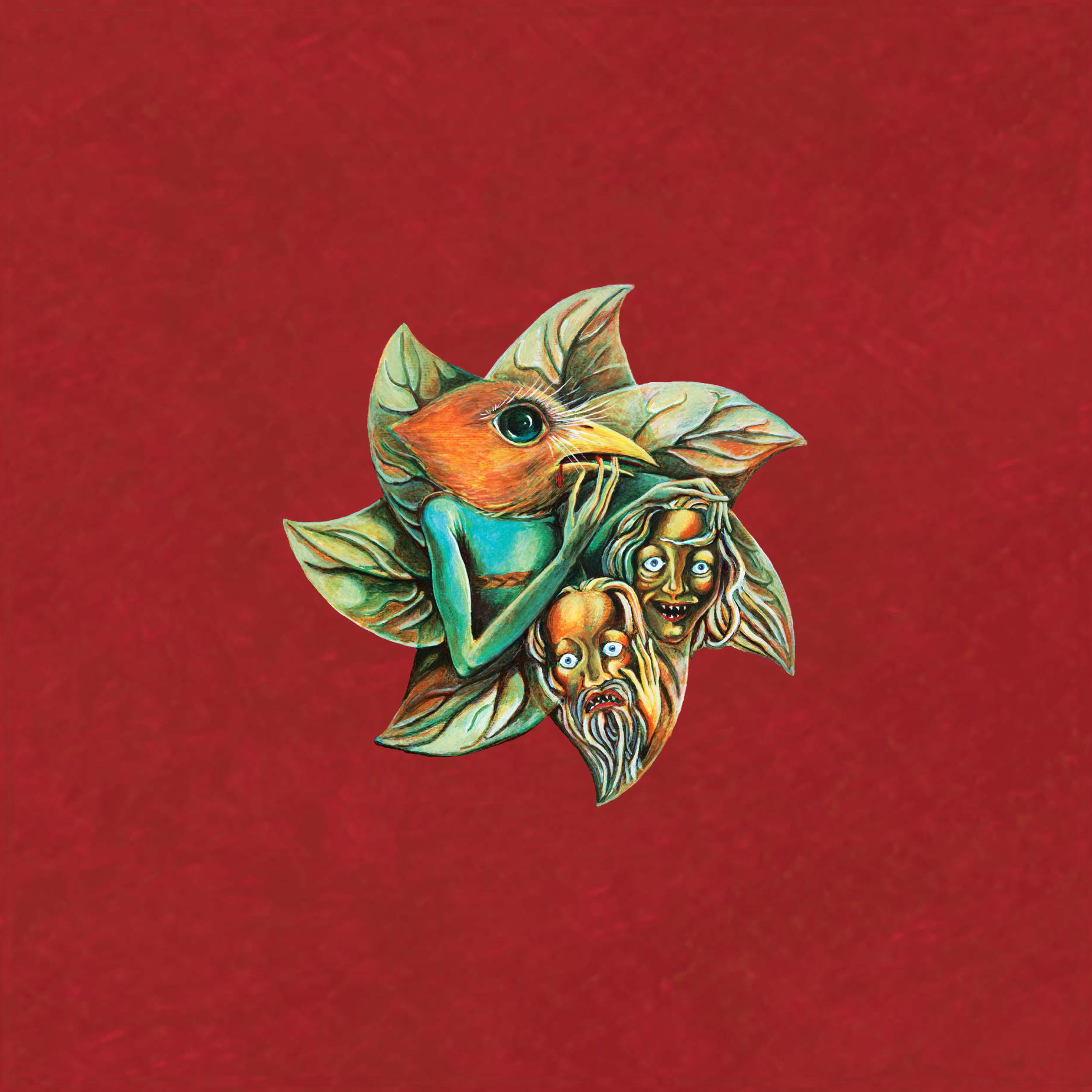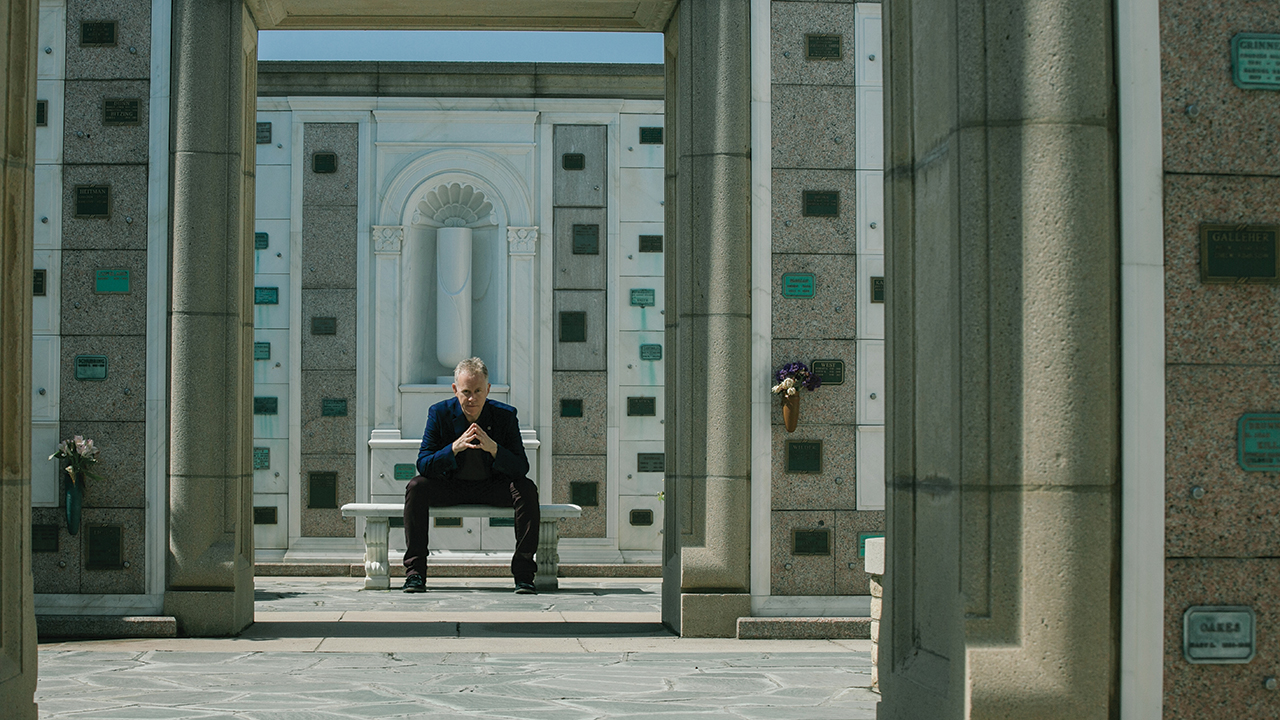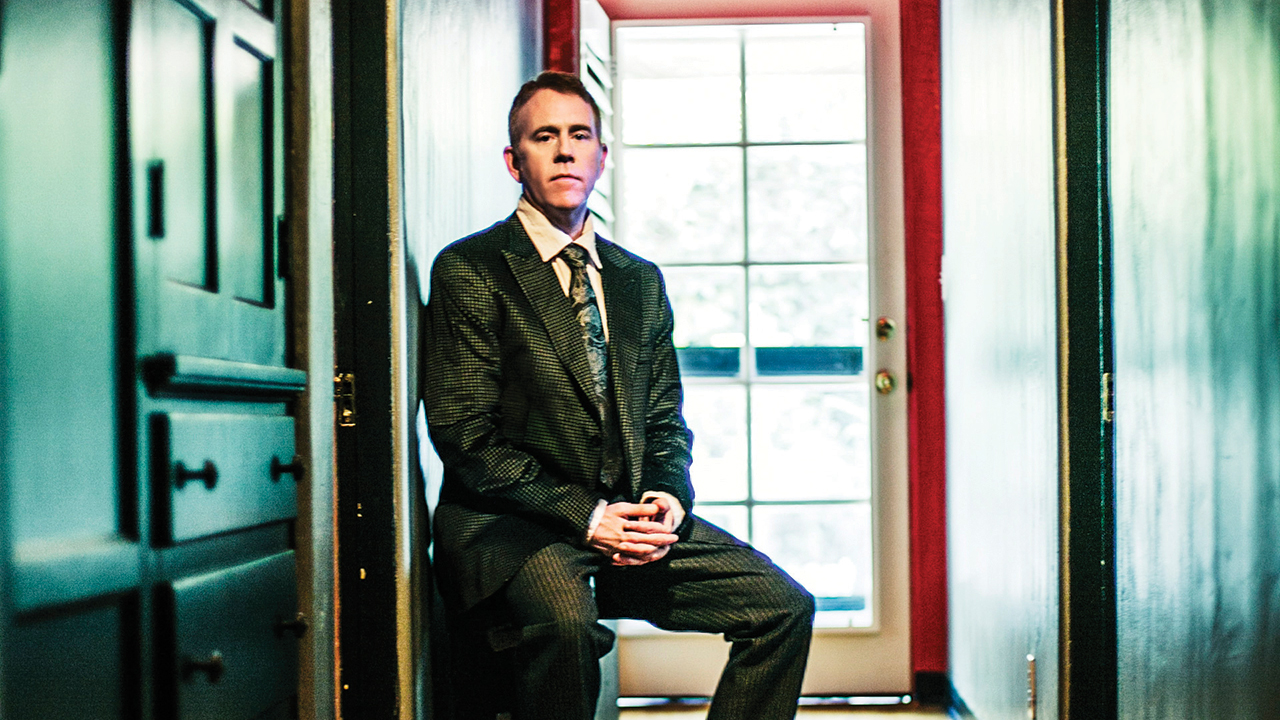It took US TV director and prog musician Phideaux Xavier over 10 years to complete his dystopian trilogy with new album Infernal. In 2018 Prog sat down and talked about the albums with him…
American musician Phideaux Xavier was highly prolific between 2003 and 2011, releasing no fewer than eight albums under his name. But since then, little had been heard from him. Frustratingly for aficionados, his dystopian trilogy remained incomplete, with 2006’s The Great Leap and 2007’s Doomsday Afternoon succeeded by two unrelated albums, 2009’s Number Seven and 2011’s Snowtorch.
But his fans can now celebrate following the release of double album Infernal, which concludes the trilogy. So, why the lengthy Infernal gestation period?
“The seven years weren’t spent drinking Mai Tais in Malibu! I thought I was making beer; instead it turned out to be cognac,” laughs Xavier, speaking from his Los Angeles home. He then explains more prosaically that his day job (directing General Hospital, America’s second longest-running soap opera) demanded his time for a period.
Additionally, after writing Infernal and recording its basic tracks in 2012, preparation for a 2013 concert in Quebec resulted in changing arrangements and considerable re-evaluation of those basic tracks. Also, Xavier’s guitarist, producer and engineer Gabriel Moffat needed to focus on other work to fund his kids’ college educations.
Ultimately while Infernal’s release is far later than originally intended, the additional time served Phideaux well. “It allowed me to step back and look at the album through different lenses,” he says. But also following the success of Doomsday Afternoon, there was high expectation for Infernal.

“There’s a sense that if I spent seven years making this, it had better be good!” he says.
Although The Great Leap and Doomsday Afternoon were promoted as parts one and two of a trilogy, the albums weren’t structured from the outset in intricate detail as a trilogy. “It was a joke, because what is more pretentious than a trilogy? The first two albums were created at the same time. I had something very conceptual with the second album but was sure I had more to write.”
Number Seven and Snowtorch served as an interregnum from the trilogy. “I needed to let the trilogy sit for a while,” he reflects. “But it did backfire. Doomsday Afternoon has been my most successful album commercially and probably artistically too, so all anyone wanted to know was when was the next part.”
Infernal’s sheer volume of material added to the complexity of completing the trilogy. “One final nail in the coffin was to make it a double album,” he says. “We all know that double albums are like Waterloo for Napoleon. It’s like everyone dies upon their double album. But I thought it would be great to make it a double to serve the shorter pieces of The Great Leap while having the ability to stretch out and be more free-form for the Doomsday Afternoon component.”
As such, and with a 10-piece core band dispersed across LA, New Mexico, Oregon, Chicago and New York plus various guests, Infernal represents a huge undertaking and builds conceptually upon The Great Leap and Doomsday Afternoon.
“The first two albums were written together. A lot of songs had dystopian, speculative near future concerns. Like what would happen if genetic engineering did this and global warming did that, or if religious fanatics got hold of the handles of society?”
While The Great Leap is a series of short stories that take place in the same world, Doomsday… sees those stories intersect. “Infernal takes characters and impressionistic elements from those two albums and tries to bring them full circle,” he says. In doing so, he wondered how to reach a happy ending.
“I wasn’t sure there is necessarily a happy ending to these types of stories. But perhaps there’s an undercurrent that the game can start over with new characters replacing the old ones. I chose to provide two endings. There’s the ending in Eternal and then there’s Endgame – An End, which hits the reset button.”
Infernal is intriguing thematically, with many lyrics chiming with elements of modern America. Doomsday… was released when the Bernie Madoff financial scandal hit the press. “There’s this whole undercurrent in Doomsday Afternoon about the wealthy stealing from the people.”
Xavier maintains a strong interest in current and historic world affairs and Infernal appears unintentionally prescient. “In 2012, when I wrote 97% of the lyrics for Infernal, who could have known what would be happening in modern America or indeed in the UK, or in Europe with the far right?
“But I’ve always found Maoist China, Stalinist Russia, Germany in World War 2 and the Kims of North Korea fascinating. Those stories informed the album, as well as the fiction of Margaret Atwood or Orwell’s 1984.”
Some of Infernal’s lyrics could be seen as an allegory for modern America. “Modern America didn’t happen on election night of 2016; it was building for a while,” Xavier says. “The album was mixed and ready to go in 2016, before minute details were changed. I wish I could say this is a commentary on the current position in America, but that would be fibbing. Because what is happening in my nation is so dysfunctional means Infernal is very relevant. It would be great if my album was a complete fantasy.”
Infernal’s striking front cover (based on Hieronymus Bosch’s The Garden Of Earthly Delights) is a 2013 painting by vocalist Molly Ruttan, featuring a bird whose plumage bears a striking resemblance to a certain president’s coiffure. “It’s a bitter irony that I put out an album in 2018 that’s about authoritarianism with an orange bird on the cover,” he sighs.

Defining Xavier’s multi-faceted sound is challenging, but it helps to hear his influences.
“It has all of the heart and mystery of what he did with Genesis, but it’s shorter songs, quirky and has his unusual humour,” Xavier enthuses about the first Peter Gabriel solo album before referencing David Bowie’s Low, “Heroes” and Lodger albums.
Having grown up on Genesis, Renaissance and Tull, in college Xavier listened to The Cure, Siouxsie And The Banshees, Bowie and Magazine. “I’ve always liked oddball music.”
Musically Xavier covers plenty of bases as an artist himself. “Originally I was trying
to be a quirky art rock practitioner. Then I realised I could do anything I wanted because I wasn’t signed to a record label. That’s when I started to explore progressive rock which I loved when I was a kid. But I also love psychedelia – I love Syd Barrett’s Pink Floyd as much as I like David Gilmour’s.”
Xavier regards himself more as a writer than a virtuoso musician. “As a kid I didn’t eat, sleep, breathe practising my instrument. I liked to play guitar and was curious about piano. I was really into Peter Gabriel, Ian Anderson and Alice Cooper. I wanted to be the person who came up with the ideas and made grandiose visionary albums, but never practised my instruments much.”
On graduating from college Xavier bought recording equipment intending to engineer his own recordings and save the cost of studio time. “But I was terrible at those skills,” he admits. “I enjoy writing music and love making albums, but I’m terrible at the technical elements of it.”
With a lucrative job directing soap operas, Xavier eventually had the financial wherewithal to invest in other people’s expertise. “I wasn’t going to make my mark by being a pretty boy or making commercial music.” Concluding that fitting into the music industry would hinder him and might deter him from making music, Xavier decided to make albums, release them and not concern himself with their commercial success.
“That has freed me to be as creative as I want. The internet has allowed me to have some people listen to my music.” However he doesn’t however aspire to widespread recognition. “I’m pretty independent and fairly lazy when it comes to promoting myself.”
As such, Xavier’s albums are labours of love, time and money, as he creates music principally to please himself and his collaborators. If there’s an audience for it, all the better. “Infernal is music from 2012/13 and I’ve gone in a lot of other directions since.”
Indeed he reveals that he has been working on six other albums over the last seven years, which are 85-90% finished. But in the immediate future, his focus is on Infernal.
“I hesitate to be a grabby, look-at-me person: I prefer to be the mysterious figure in the corner,” he says. “I’m not doing this music to become rich and probably spend more on it than I earn; I make it because I love it. But I feel very strongly about this album, so I would like people to hear it and give me a listen if they haven’t before.”

